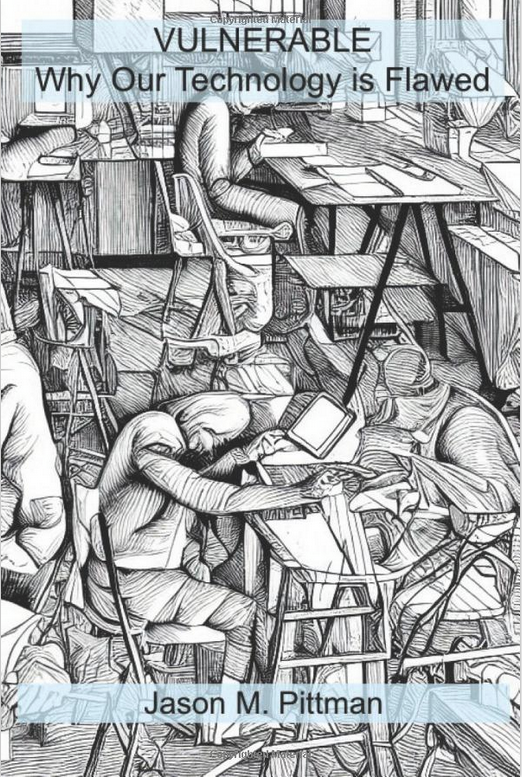
Are we living in a simulation? Before that question can be answered, we need to know what “simulation” means, and, it turns out, there are a finite set of possible ways to understand the meaning of “simulation.” This book systematically works through the possible meanings of simulation, addressing the central question of Simulation Theory for each understanding.
While providing an essential overview, this book reveals the systematic internal organization of Simulation Theory. Next-level insights become available by way of this information, rendering readers able to think through the question, “Are we living in a simulation?” and to discuss Simulation Theory more coherently and at a greater depth.
This book addresses both the Computer Science and the Philosophy of Simulation Theory. Perennial topics such as The Matrix films, A Glitch in the Matrix documentary, the video game Simulation Hypothesis, Philip K. Dick’s Metz lecture, Nick Bostrom’s Simulation Argument, and insights gained by philosophers from Plato to Deleuze and Baudrillard.

The number of vulnerabilities in our digital technology is obscene. There are 50 new security vulnerabilities every day. That is 18,250 unique vulnerabilities per year. If the sheer number of vulnerabilities was not bad enough, the trend is more troubling. The total number has risen year over year. In fact, since 2017, each year has seen record numbers of the highest severity vulnerabilities. This is costing us both financially and in our ability for long-term innovation.
We should be wondering, why is our digital technology so vulnerable? One idea is our software has become too complex. Some would suggest it is us- the creators and users of technology- causing the problem. Others claim it is the business focus on producing technology that is just good enough to get out the door. Another idea is we are simply moving too fast and the pace of change does not foster secure technology.
All those reasons for technology being vulnerable are wrong. The continued rise of vulnerabilities suggests so. Thus, I say there is another reason. A reason which cuts to the very heart of the problem and shows us a way forward. This book covers that as well as presents all the supporting material for anyone to understand the problem and solution.

Privacy, because of its perceived necessity today, is rarely questioned in the context of tomorrow. To question privacy is to commit a graven act of heresy. As a result, the Age of Information has engendered an information model that has divided humanity into those with information and those without information. The measuring stick that serves as the fulcrum between those divisions is privacy. This fulcrum is slightly off-center, however. We want privacy, but we want information too. We want information from others, and about others, but we do not want our information to be known. A subtle paradox exists therein. Thus, if we are to survive as species during the next age, the Virtual Age, we need to ask tough questions about privacy. To to begin with, we can ask: is information privacy good for Mankind's future?